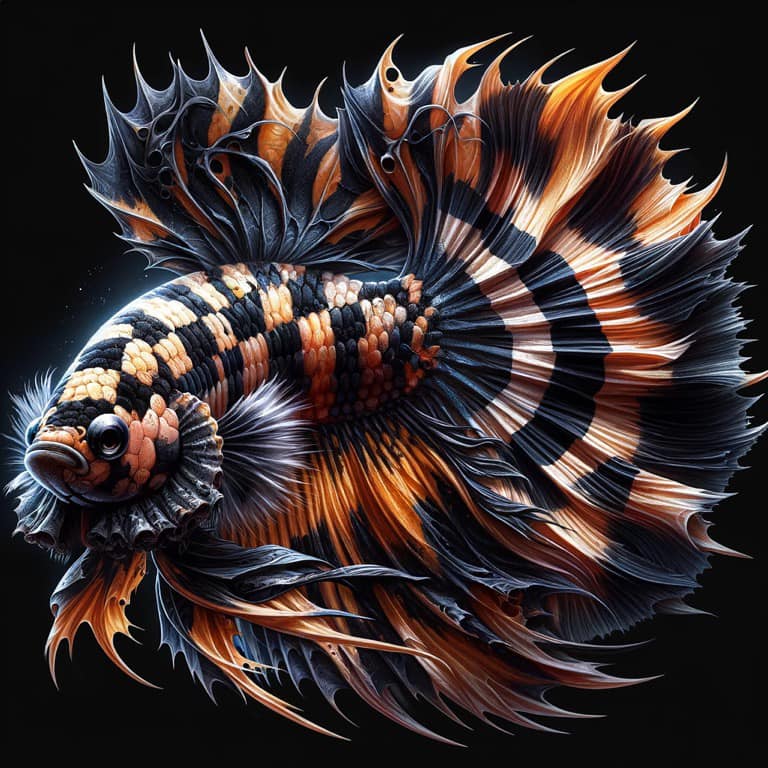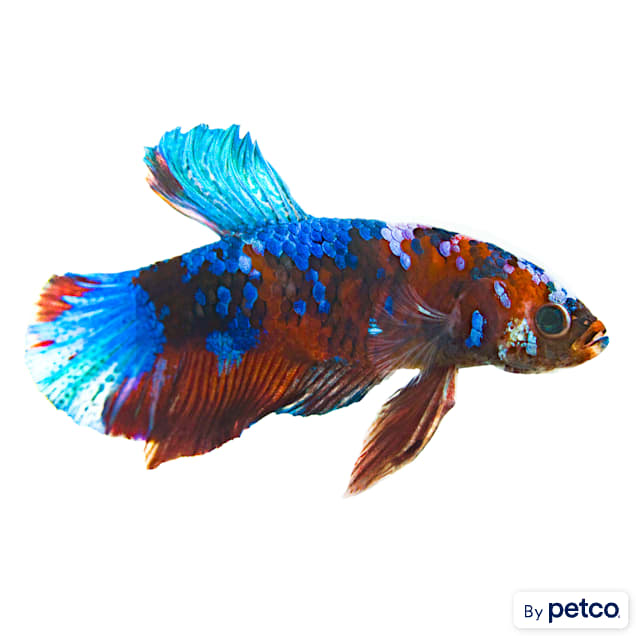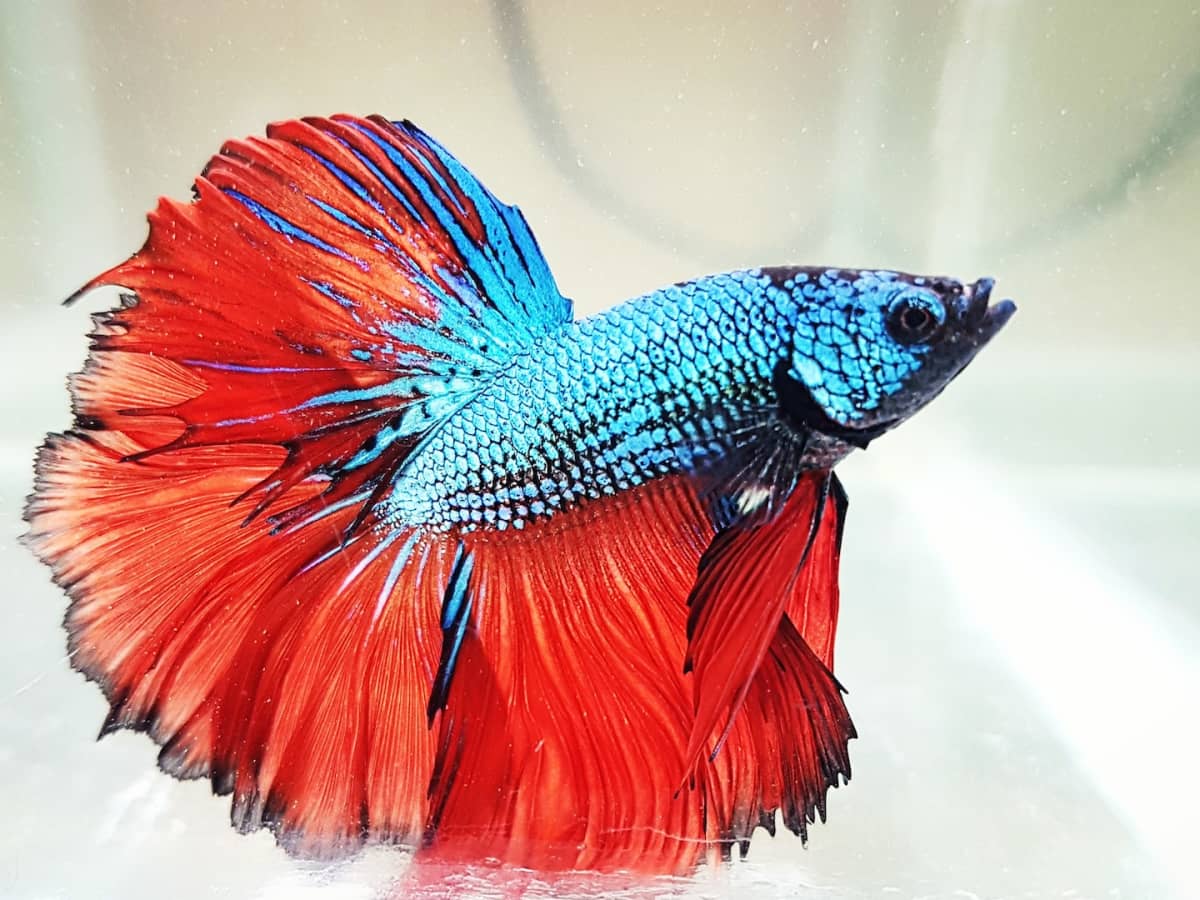The Ultimate Betta Fish Treatment Overview for New Pet Owners
The Ultimate Betta Fish Treatment Overview for New Pet Owners
Blog Article
The Ultimate Guide to Betta Fish Treatment: Vital Tips for Preserving a Healthy And Balanced and Growing Aquarium Environment
Efficient Betta fish care requires a detailed understanding of their one-of-a-kind ecological and physical requirements. Establishing an ideal aquarium begins with picking the right container dimension and making certain optimal water conditions, which are crucial for the health and wellness and health of your Betta. Understanding correct feeding practices and developing a conducive environment can considerably impact your fish's vitality and behavior. As you consider these fundamental elements, it becomes clear that preserving a prospering aquarium environment requires interest to detail and recurring dedication. What particular approaches will you implement to enhance your Betta's lifestyle?
Picking the Right Tank
Choosing the appropriate tank for your Betta fish is important to guaranteeing its health and wellness and wellness. Bettas prosper in settings that mimic their natural habitats, which usually include calm, warm waters. A tank size of a minimum of five gallons is suggested to provide sufficient swimming area, as smaller sized tanks can result in anxiety and health concerns for these vibrant fish.
When picking a tank, consider the storage tank's shape and purification system. A rectangle-shaped tank is more effective to a bowl, as it offers more surface for oxygen exchange. In addition, a reliable filtration system is essential to maintain water top quality and reduce the regularity of water adjustments (betta fish). It's essential to select a filter with a gentle circulation, as Bettas are not strong swimmers and might struggle against solid currents.
Temperature level policy is another key variable; Bettas choose water temperatures in between 76 ° F and 82 ° F. Investing in a good heater will certainly make sure that the water stays within this array, advertising a healthy and balanced and energetic lifestyle for your Betta. Last but not least, offering ideal container designs and hiding places will assist reduce anxiety and encourage all-natural behaviors, further enhancing your Betta's well-being.
Keeping Water Top Quality
Preserving optimal water quality is crucial for the health and longevity of Betta fish. This calls for routine surveillance of different parameters, consisting of temperature level, pH, ammonia, nitrite, and nitrate degrees.
The pH degree should ideally drop in between 6.5 and 7.5. Normal testing utilizing a trustworthy water screening set can help ensure these specifications continue to be within the suitable varieties. Ammonia and nitrite levels should constantly be at 0 ppm, as even low concentrations can be hazardous to Betta fish. Nitrate levels must be kept under 20 ppm to avoid long-term health and wellness issues.
Normal water changes are important to preserving water top quality. Additionally, integrating a robust purification system can assist in preserving water clarity and top quality, offering a healthier environment for your Betta fish.
Perfect Feeding Practices
Providing a balanced diet plan is critical for the health and Continued wellness and dynamic coloration of Betta fish, as their nutritional demands play a significant role in their overall wellness. Betta fish are carnivorous by nature, calling for a diet regimen high in healthy protein. A mix of top notch pellets, frozen or live foods such as bloodworms, salt water shrimp, and daphnia can give the necessary nutrients they require.
Feed your Betta fish 2 to 3 times a day, offering only what they can consume within two to three mins to avoid overfeeding and keep water top quality. Overfeeding can result in weight problems and health and wellness problems, including swim bladder illness. It is important to check their nutritional intake and readjust part sizes accordingly.
In enhancement to healthy protein, a balanced diet regimen must include nutrients to advertise optimum health and wellness. Think about supplementing their diet regimen with premium flakes or pellets particularly created visit site for Betta fish, as these typically consist of needed additives.

Creating an Ideal Habitat

Water top quality is paramount; maintain a temperature level in between 76 ° F and 82 ° F, and ensure the pH level varies from 6 - betta fish.5 to 7.5. Regular water adjustments of 25-50% weekly will aid maintain toxins at bay and ensure a steady environment
Integrating plants and hiding spots is critical, as Betta fish are naturally territorial and enjoy having locations to discover and retreat. Live or silk plants, along with caves and accessories, can create a revitalizing environment.

Regular Health And Wellness Checkups
Conducting routine wellness check-ups is essential for ensuring the well-being of Betta fish, as very early discovery of prospective concerns can prevent significant health issue. These examinations must encompass a comprehensive exam of the fish's physical problem, habits, and environmental variables.
Begin by observing the Betta fish for any signs of distress, such as sleepiness, anorexia nervosa, or uncommon swimming patterns. Additionally, check the fins and body for indicators of staining, sores, or fin rot, which can indicate infections or parasites. Consistently monitoring the water top quality in the fish tank is just as critical; specifications such as pH, ammonia, nitrite, and nitrate levels ought to be kept within optimal ranges to avoid tension and index illness.
Moreover, take into consideration keeping a log of health observations and water high quality tests. This record can assist in the recognition of fads or reoccuring concerns. If any problems are found throughout the appointment, it is necessary to get in touch with a veterinarian experienced in water animals. Timely treatment can make a substantial distinction in the healing of your Betta fish, making sure a lengthy and healthy and balanced life in a properly maintained fish tank setting.
Final Thought
In conclusion, effective Betta fish care pivots on creating and maintaining an optimum aquarium setting. By complying with these guidelines, aquarists can advertise the wellness and vibrancy of Betta fish, inevitably resulting in a thriving aquatic ecosystem.
Report this page